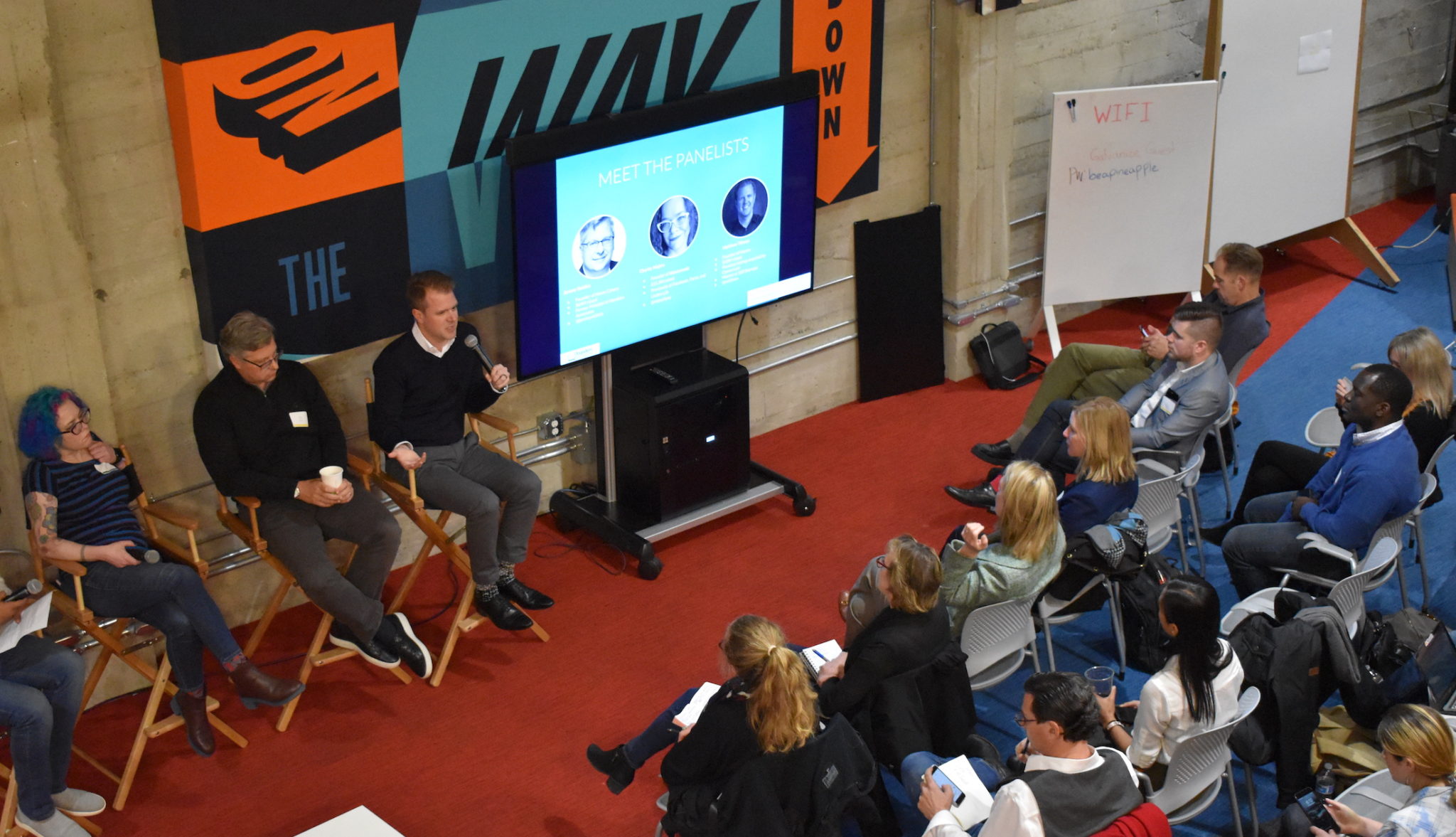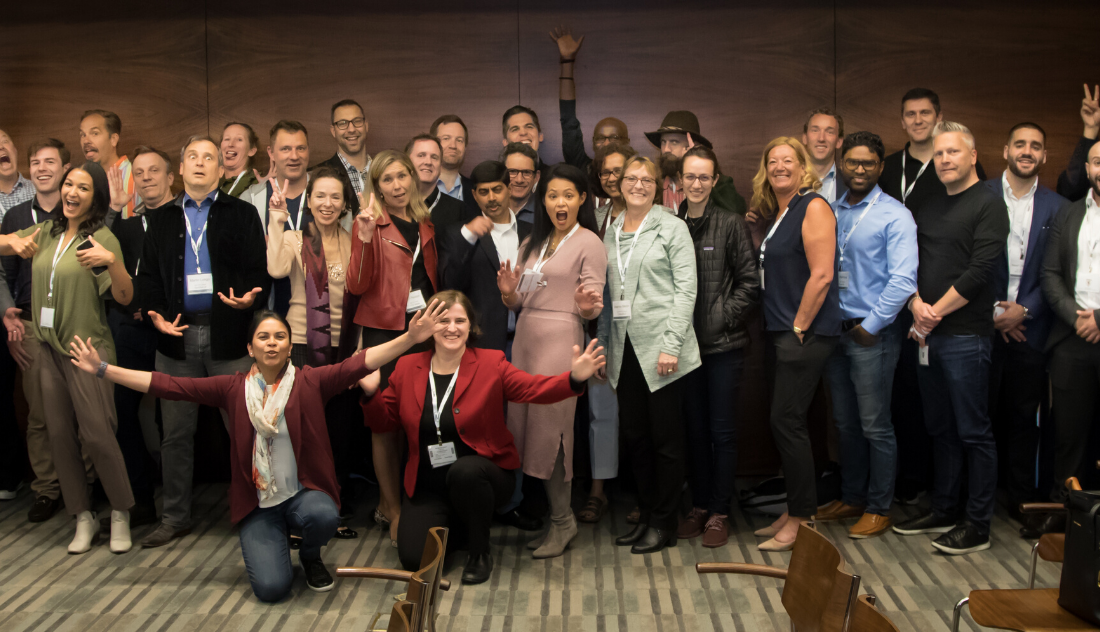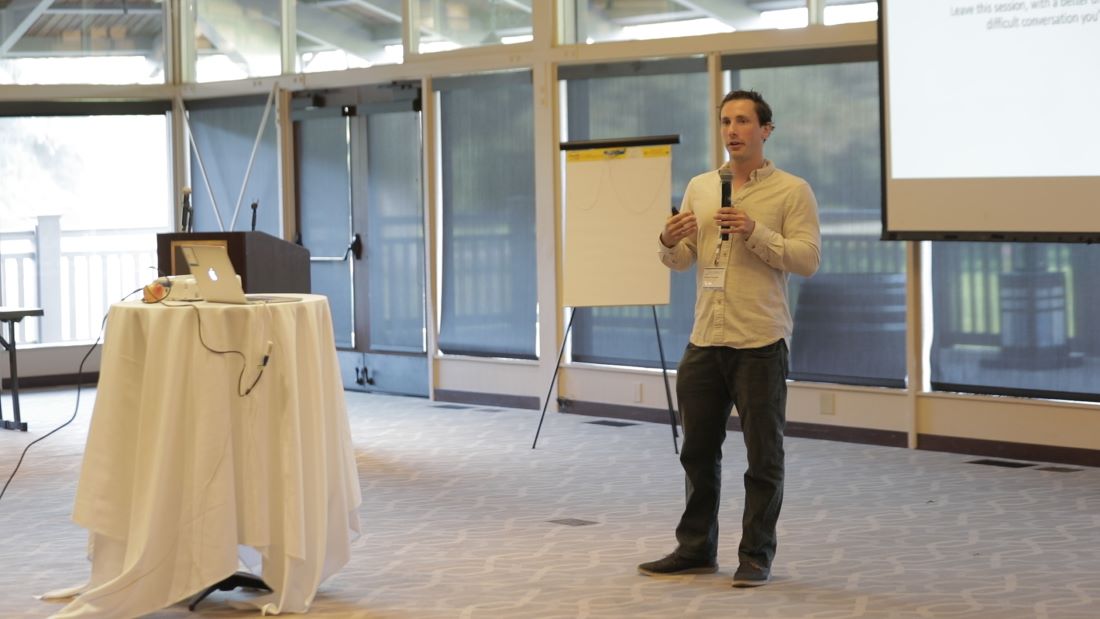
Matt Tillman, Serial Entrepreneur, Haven founder and Acrylic partner, discusses what you need to know as a founder moving to the San Francisco Bay Area or another first-tier market.
Founders wanting to make a play in a major market oftentimes run into a bit of a learning curve.
Matt Tillman, a serial entrepreneur who’s now a partner at Acrylic, knows this firsthand. After growing up in “the middle of nowhere” in rural Illinois, Tillman worked at startups in Chicago before ultimately relocating to the San Francisco Bay Area. With $140M total in exits, Matt most recently co-founded Haven, a logistics automation software that raised $24 million and attained revenue in the mid-seven figures within about 18 months of its founding in 2014.
Graduating to a major market isn’t without pitfalls, particularly for founders who may not be acclimated to doing business in a first-tier market. But Tillman has plenty of tips on how to prepare yourself, as well as the life experience to back it up.
For starters, it helps to be aware of expectations in the market you’re heading into. And in a first-tier market like the Bay Area, those expectations may be very different from what a founder is accustomed to.
“What a founder does is sell equity: What investors care about is, does the product have a growth opportunity in a particular market? Is the market big enough? And is it growing fast?” - @mtillman Share on X“The obvious analogy is: There’s minor leagues, and there’s different tiers of minor leagues, and then there’s the major leagues,” Tillman says. “You have to meet or exceed investors’ expectations. What a founder does is sell equity.”
According to Matt, the top three things investors care about are…
- Does the product have a growth opportunity in a particular market?
- Is the market big enough?
- Is it growing fast?
Knowing your investor base is always paramount to successful fundraising. But that’s even more pronounced in competitive markets with a lot of capital, a lot of startups, and myriad specialized investors. It’s critical to remember that all capital is not necessarily created equal, Tillman adds.
“The challenge is the asset classes of investors are totally different,” he says “You’ve got private equity, which is totally different than a family office; you have individual investors, all sorts of things. And not all VC is actually VC in terms of their expectations around growth and outcomes.”
It takes an experienced startup founder to be able to identify and understand the distinctions between various types of investments. Fortunately, major markers have no shortage of experienced entrepreneurs with insights to share — and plenty of opportunities to connect with them through networks like Founders Network. Newer founders would be wise to take advantage of that, Tillman says.
“You need to connect with founders because founders are the only people who have actually gone through it. If you can skip a mistake that someone else has made and get it right the first time, optimize towards that.” - @mtillman Share on X“You need to connect with founders because founders are the only people who have actually gone through it,” he adds. “If you can skip a mistake that someone else has made and get it right the first time, optimize towards that.”
Major markets are ripe with opportunities, but they also come with pitfalls. One is that there’s a lot of “noise” to contend with as well — and startup founders need to gauge what’s really worth their time and what’s just a distraction.
“Maybe even more important, is throwing away all the waste that you’re subjected to: All of the VC Twitter, the VC LinkedIn, all the VC puff pieces on TechCrunch — those are sales tools selling you on their access to capital, not even the money itself,” Tillman says. “So just skip the bullshit, otherwise you’re going to spend way too much time worrying about what Ben Horowitz thinks about you.”
That’s a reflection of another critical skill you’ll need as a startup founder in the Bay Area or another major market: the ability to be cutthroat with your own time, and not undervaluing the minutes you might spend in your day on lower-order tasks you can skip or outsource.
“Prioritize your time. Too many founders leave lucrative jobs and immediately place a $25 per hour value on their time.” - @mtillman Share on X“Prioritize your time. Too many founders leave lucrative jobs and immediately place a $25 per hour value on their time.” Tillman emphasizes. “When it comes to building your deck, or when it comes to joining a network and being able to learn from others so you can skip their mistakes, and you’re worried about $500. Instead think about the opportunity cost of, you know, an extra $1M in valuation. Which is an extra $300k for a founder, roughly. So it’s very important to value your time.”






